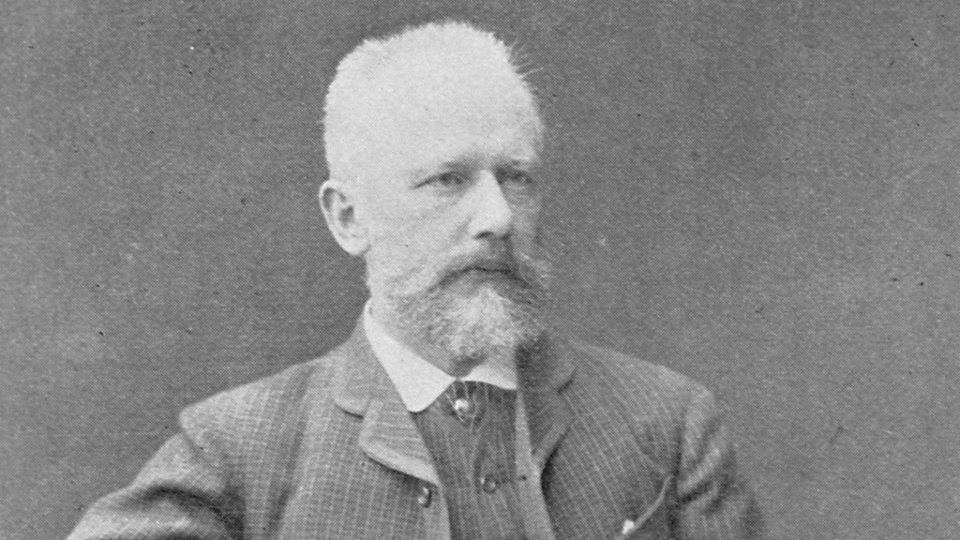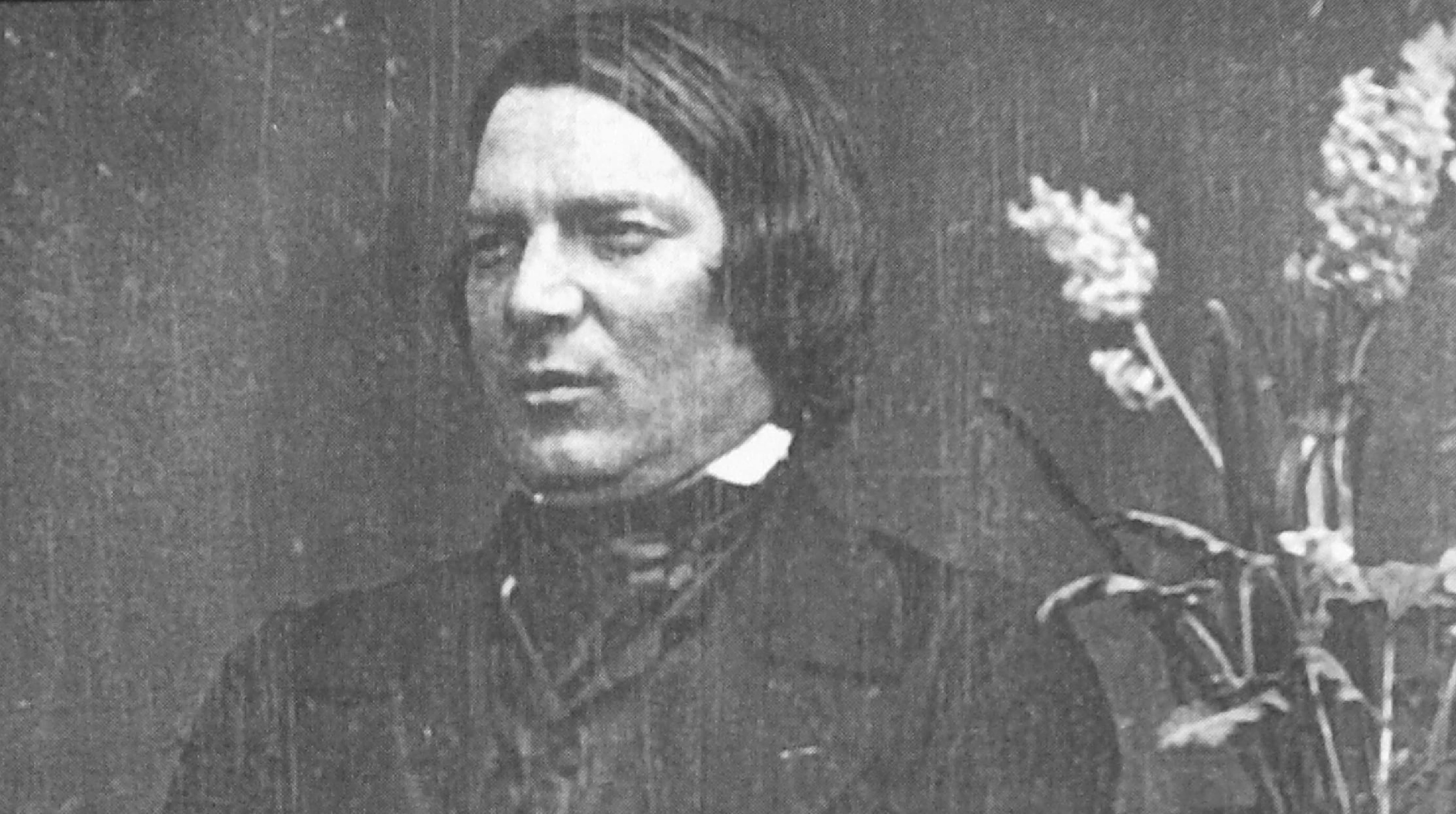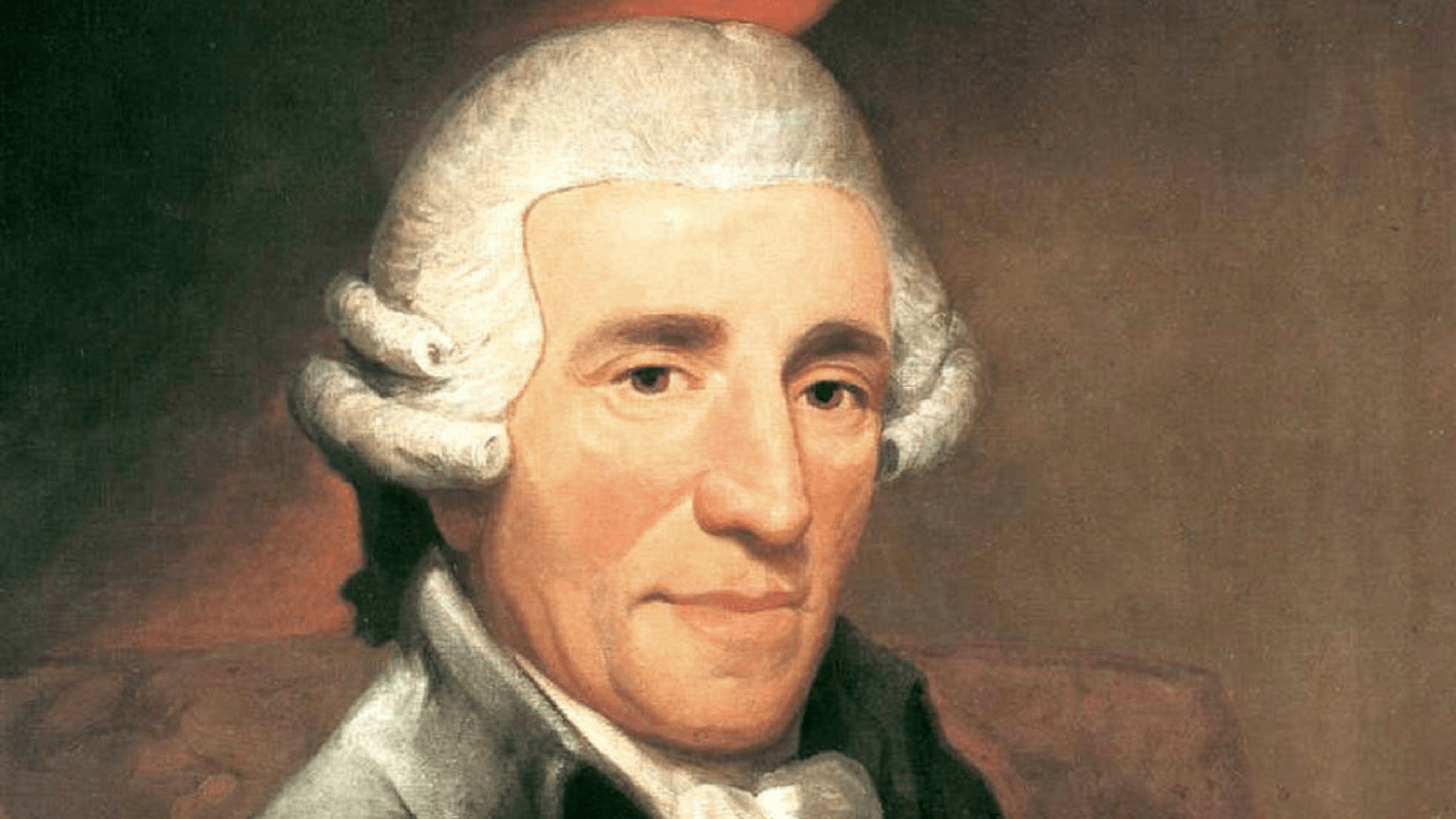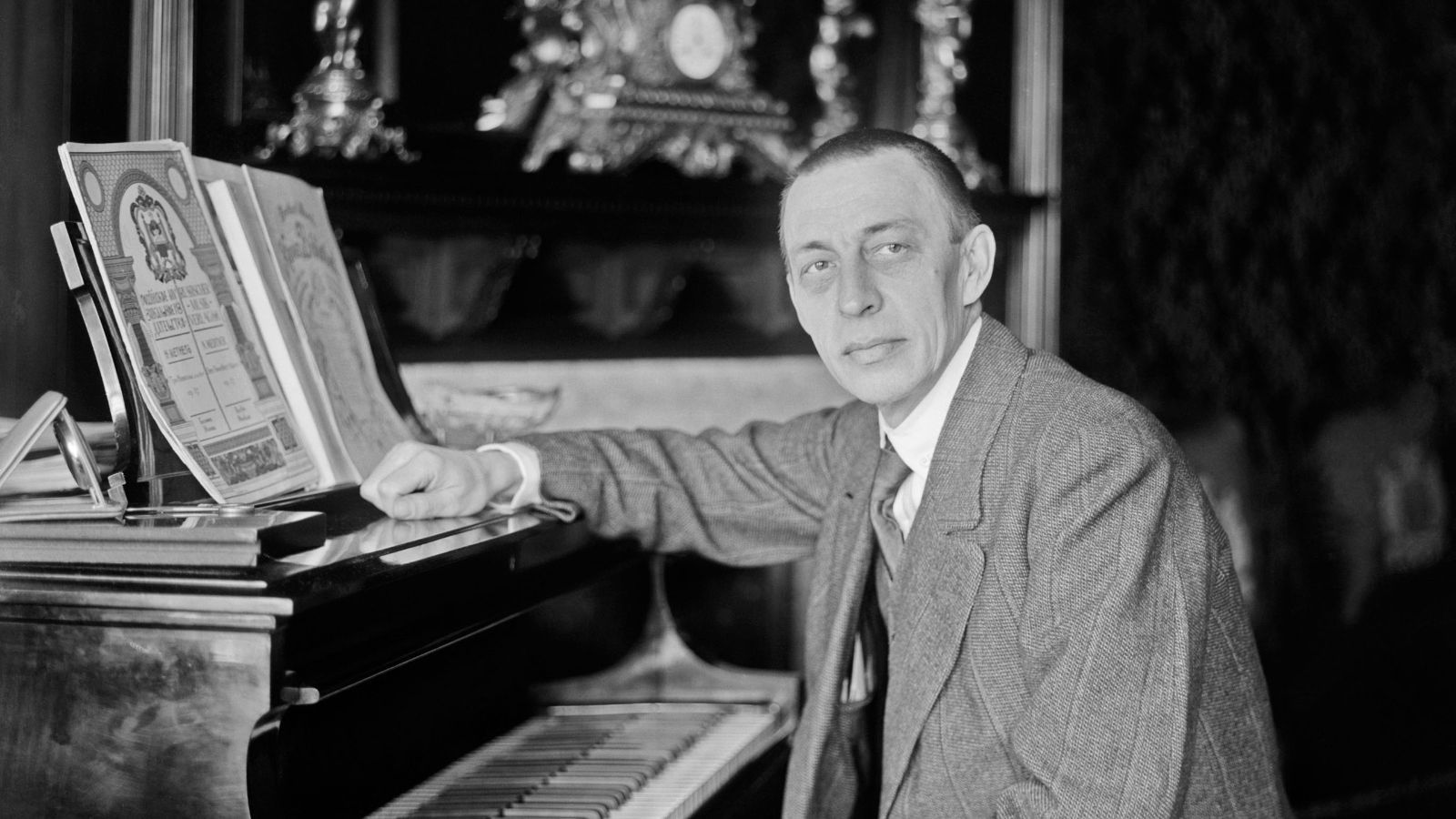Tchaikovsky’s Sixth Symphony: A Haunting Farewell
A romantic myth has grown up around Tchaikovsky’s Sixth Symphony. The composer’s final work has been cast as a kind of despairing musical suicide note. It is true that Tchaikovsky died just over a week after conducting the Symphony’s premiere on October 28, 1893, probably as a result of drinking cholera-infected water. But while Tchaikovsky’s personal battles and bouts with depression have been well-documented, he completed the Sixth Symphony on an emotional upswing. …







